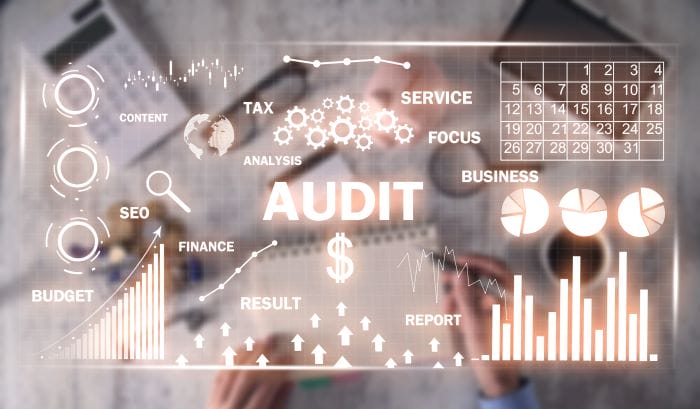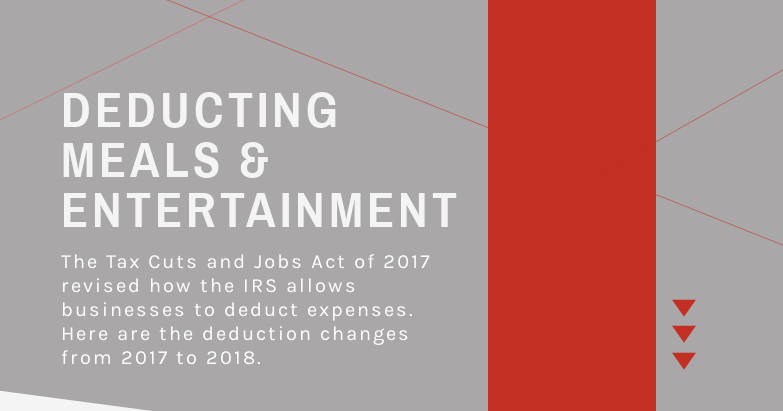In today’s fast-paced business environment, maintaining accurate and reliable financial records is more critical than ever. Accounting controls are the backbone of a business’s financial integrity, ensuring that transactions are recorded correctly and financial statements are reliable.
As technology continues to evolve, it’s transforming the way businesses implement and manage these vital controls. In this blog post, we will explore how advances in technology are affecting accounting controls, highlighting both the benefits and limitations of relying on software solutions for tasks like data entry and fraud detection.
Continue reading








